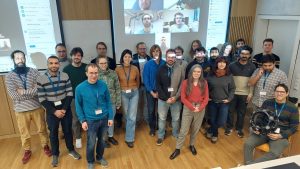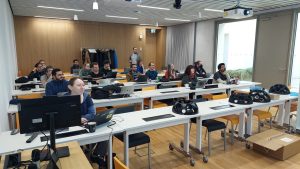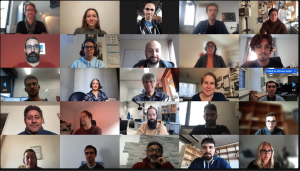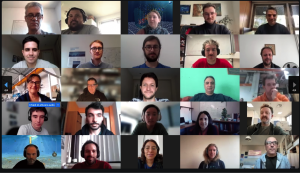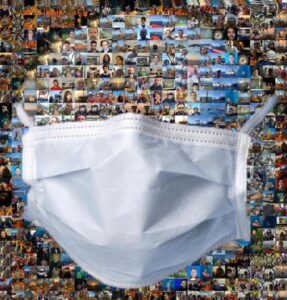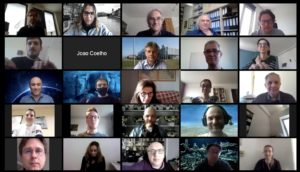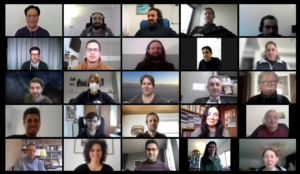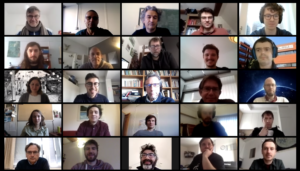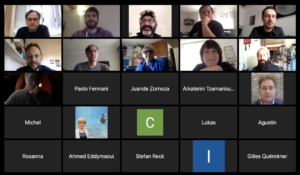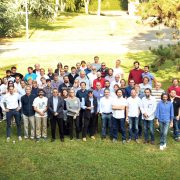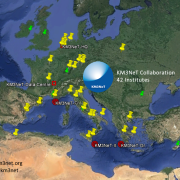KM3NeT welcomes newcomers at the 2024 Bootcamp
10 December 2024 – The KM3NeT Bootcamp 2024, held at the Erlangen Centre for Astroparticle Physics – ECAP, took place last week, bringing together 56 enthusiastic participants from around the world in a hybrid format. Over four engaging days, the attendees, guided by 18 expert teachers, dived into the fundamentals of KM3NeT, gaining insights into its core principles and tools.
The agenda included foundational sessions on the KM3NeT collaboration and detector principles, as well as hands-on workshops in software development, data acquisition, simulations, and calibration. Advanced topics covered astronomy, cosmic rays, neutrino oscillations, and the study of dark matter. Participants also explored tools for effective coding, data quality and computing strategies.
This event served as more than an introduction—it welcomed newcomers into the KM3NeT community, inspiring them to contribute to the future of science.
We extend our heartfelt thanks to ECAP for their exceptional organization and support in hosting this event.
Here’s to the next generation of cosmic explorers!

